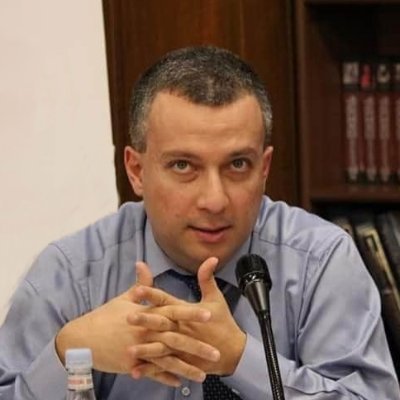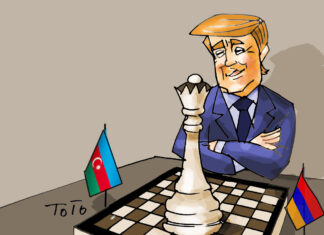The presidential and parliamentary elections in Turkey were perhaps the most anticipated political events of 2023. There was a feeling among politicians, experts, and academicians that the 21-year rule of Erdogan may end. Given the transition of the global order, the Russia–West confrontation, and the prominent role of Turkey in shaping the balance of power in multiple regions stretching from the Middle East to Central Asia and the Eastern Mediterranean, the foreign policy choices of Turkey are of utmost importance for all global actors.
Erdogan’s efforts to pull Turkey out from its usual role of junior partner of the US and transform the country into an independent regional player has significantly deteriorated Turkey – West relations. The US support to Kurdish forces in northeastern Syria, the purchase of Russian S-400 air defense systems, the suspicions in Turkey about potential American involvement in the July 2016 botched military coup attempt, rejection of Turkey’s request to extradite Fethullah Gülen, and Turkey’s reluctance to agree to the NATO membership of Sweden and Finland, brought US–Turkey relations to their lowest point since the end of the Cold War. Turkey’s position on the Russia – Ukraine war also did not fully satisfy the Americans. Turkey supports Ukraine economically and militarily, but Turkey rejects calls to decrease its economic relationship with Russia, while playing a crucial role simultaneously in organizing exports to Russia.
The growing authoritarianism in Turkey added an additional layer to Turkey’s elections. Many in the West viewed the potential defeat of Erdogan as a signal to other strongmen in the world that authoritarianism could be defeated. As the collective West seeks to increasingly depict the geopolitics of the 21st century as a fight between democracy and autocracy, many hoped that the defeat of the authoritarian Erdogan would change the trend of assertive and successful authoritarian rule. In general, there was a perception in the West that Erdogan’s defeat would be good for the US and the EU, while his victory would benefit Russia. Russia fueled this mindset by taking clear steps to support Erdogan before the elections, including Russia’s agreement to postpone Turkish payments for Russian natural gas and a Russian offer to establish a gas hub in Turkey.
Besides geopolitics and the democracy vs. autocracy fight, the economy was also a significant aspect of the Turkish elections. President Erdogan’s economic policy resulted in a very high inflation rate in Turkey, which hurt the emerging Turkish middle class. The devastating earthquake in February 2023 revealed many problems in the Turkish construction sector, including the lack of control of standards and rampant corruption.
Thus, it seemed that all the ingredients were there to defeat Turkey’s strongman, especially as the opposition managed to unite its forces bringing together Kemalists, a part of the nationalists, and former allies of Erdogan under one umbrella. Before the elections, many were convinced that Erdogan would at least lose the parliament while seeking to keep the presidency. The conventional wisdom was that defeat will not only end Erdogan’s political career but will also put in danger the personal security of Erdogan and his inner circle. Some analysts were discussing the prospects of political destabilization after the elections, arguing that Erdogan probably will try to rig the elections and the opposition will bring millions of protestors to the street.
However, the reality emerged quite differently. Erdogan managed to win the parliament and secure his presidency through the runoff elections. Yes, Erdogan won around 52 percent of the votes, which is a sign of the deep polarization in the country. However, the opposition did not reject the election results, and there were no protests.








